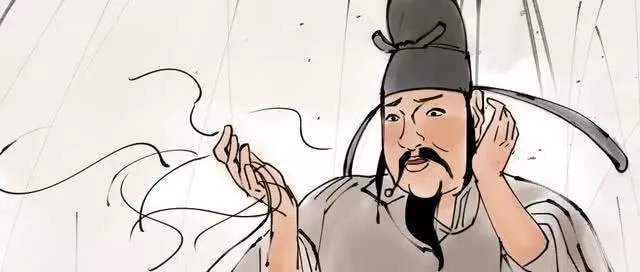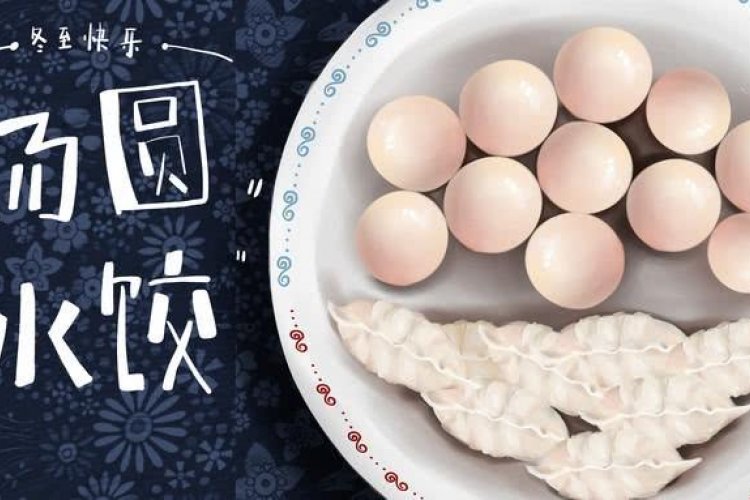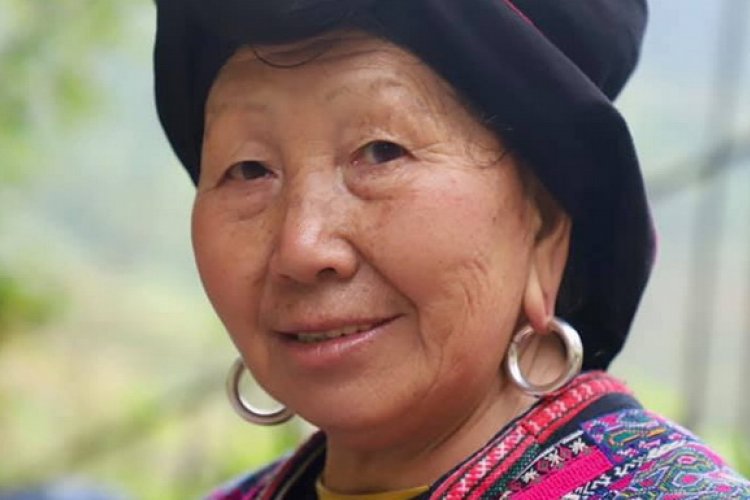Hair Today Gone Tomorrow: The Ancient Chinese Who Battled Balding
A quick search for 脱发 tuōfà hair loss on TMall turns up a staggering amount of products, from shampoo to combs and pills to serums, all of which are meant to preserve your dignity should you find yourself hat-less in public (editor's note: here at the Beijinger, we think baldness is quite dignified). What's more, there's an equal amount of reasons that folks lose their hair, from work stress to greasy foods, and even hard water or Beijing's air pollution. However, we'd be foolish to think that hair loss is a recent phenomenon. Thanks to records diligently kept by ancient scholars, we know that more than a few historical personalities were faced with the same issue, which begs the question: Without all those modern pills, tonics, serums, and shampoos, how did ancient Chinese battle balding?
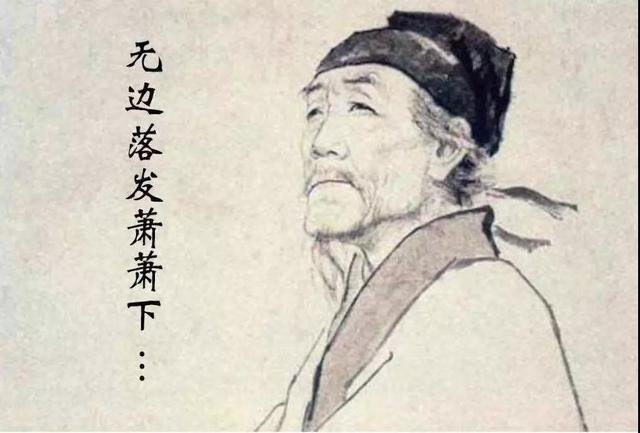
Composing a timeless verse is a stressful business, to say the least. Lucky for us though, these sentimental poets had a tendency to document their lives, thus a number of classic poems actually contain lines lamenting hair loss. “白头搔更短,浑欲不胜簪” báitóu sāo gèng duǎn, hún yù bùshèng zān The white hair falls quicker when you scratch it, too short to be bothered with a hairpin” is one of the most famous and serves as the last line in 春望 chūn wàng Spring View by 杜甫 dùfǔ, a prominent poet whose iconic works focused on the struggle of common folks and the tragedy of war. Perhaps it was his tumultuous life and deep concern for the fate of his nation and its people that made his scalp more fragile. He was roughly 45 years old when he penned his famous hair loss verse, however, he already had more white hair than the average man his age. And a few years later he simply let it be since 发少何劳白 fà shǎo hé láo bái there was too little hair to worry about its color.
Okay, so it makes sense that the tragic, starving artist would lose their hair, but the same couldn't possibly be said about those who sit on the throne. Surely they have healthier hair, right? Not necessarily! In fact, hair loss doesn't seem all that concerned with social status or wealth. Case in point, 王莽 wángmǎng is well-known for being a famous usurper, however, he's also responsible for instigating a veritable hat revolution in China. At the time, it was common for adult men to use a kerchief to tie their hair back. Poor Wangmang had so little hair though, that simply using a kerchief would look – how should we put this – downright weird. So he decided to add a tented part on the top, effectively covering the scarce hair he had. He even went a step further and was one of the first emperors to dye his hair, according to surviving documents.
Despite how creative Wangmang was, ultimately, nothing could stop him from going bald, yet he certainly wasn't the last to try. Many other scepter holders attempted to save themselves from becoming the butt of their citizenry's jokes. Caopi, the son of Caocao, who inherited the throne of the Wei State from his father during the Three Kingdoms period was known for his literary achievements. Unfortunately, he also harbored bitter resentment having suffered from seborrheic alopecia beginning in his 30s. To right these wrongs, historical records even claim that 发脂如泉 fà zhī rú quán his hair sebum secretion was as strong as spring water. For someone who cares about personal grooming as much as Caopi did, hair loss is not only an aesthetic issue but was also regarded as a bad omen for men, especially those in positions of power.
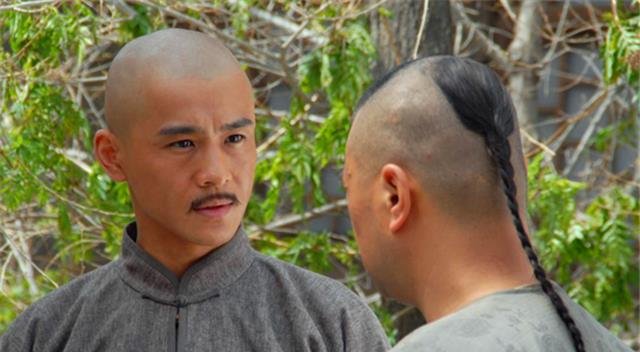
Of course, if you're an emperor and going bald it means you're suffering from both a severe lack of self-confidence and perhaps even a fate that's about to blow up in your face, so there's only one choice: find a cure! Over time, several herbologists finally concocted a prescription called 马鬃膏 mǎzōng gāo Horse Mane Balm – meant to evoke the strength that would come to a rejuvenated head of hair – containing assorted herbs, which they could carefully extract the juice from using a bit of heat, and then apply to the head for upwards of two hours. Amazingly, according to the historical record detailing this prescription, the author claimed that Caopi’s hair grew a foot per day after adopting the treatment.
Whether or not the prescription worked, however, there was one final solution – no matter how bad the balding became – and that's a 髢 dí wig. As far back as the Spring and Autumn period, there are accounts of how an emperor forced a lady to shave her hair so that the empress could make a wig from it. If you think that's bad, during the Han Dynasty some officers simply chopped women’s heads off to collect the hair for the nobility, which supplemented hair that was taken from criminals – a particularly resonant punishment as according to Confucious philosophy, hair is a gift given by one's parents and should be treated with the utmost respect – as well as poor people who sold their hair to make ends meet.

By the latter Han Dynasty, such brutal methods of attaining wigs had more or less fallen out of favor, such that in tombs dating from that time, archaeologists uncovered ancient wigs made from black silk threads, some of which were woven around bamboo, metal structures, or even whale baleen to create striking visual effects. Imagine how many heads that would save, literally.

Thousands of years later and countless scientific studies into the causes of baldness, it remains a decidedly tough clinical challenge. At the very least, however, you can find solace in the fact that you are not alone, and perhaps you even inherited the gene from a famous historical figure.
Read: A What Melon? The Odd and Unfamiliar Fruit You'll Come Across in China
Images: Zhihu, Bajieyou, Sina, KKnews

